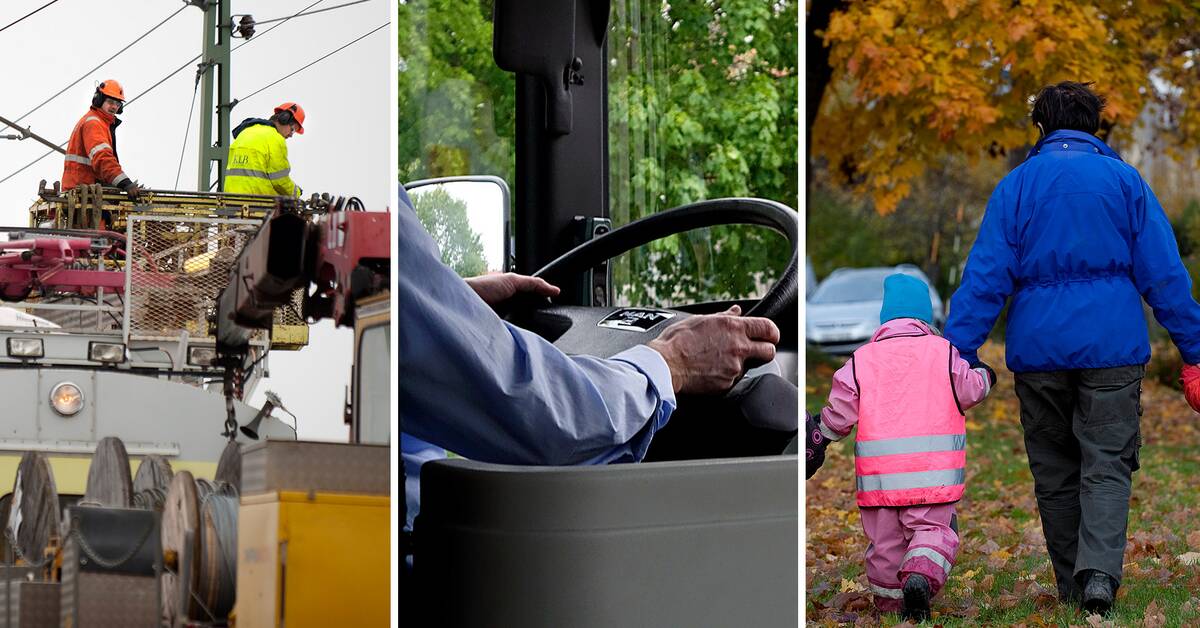According to figures that SVT requested from the National Service, 404,218 Swedes were deployed for war at the turn of the year.
That is 66,328 more than at the beginning of June, when the last compilation was made, an increase of almost 20 percent in six months.
How large a percentage is part of the military war organization is secret, but that it is war placements with employers that increase the most is not a bold guess.
"Significantly more"
Fredrik Stany is unit manager for crisis preparedness and civil defense at MSB, the authority that assists organizations and companies in identifying key personnel who should be deployed.
A work that has been in full swing for the past few months and where the pace is now being increased further:
- It is difficult to give a figure for how many war veterans will eventually be needed, but it will be significantly more than today.
And that is a positive development for the total defence.
Statistics produced by the Norwegian Public Service Agency for SVT show that 105 of the country's 290 municipalities have now deployed a total of 55,323 of their employees.
The regions have gone even further, where 15 out of 21 regions have deployed 162,989 employees.
Also the private sector
Many who work at companies with socially important operations are also expected to be deployed to war in the near future.
This mainly applies to people whose jobs are considered necessary so that important functions do not fail in a crisis situation.
- The war in Ukraine shows how important it is with personnel in the rescue service and those who repair electricity and water supplies.
Even healthcare staff, teachers and those who manage transport have skills that are needed on site, says Fredrik Stany.
Same duties
It is the employer who announces military placement, and as an employee you cannot refuse.
The word war placement may sound scary, but the majority keep the same duties as usual.
As long as there is peace, nothing changes for the employee - but should there be war, the duty comes into effect.
- If the government decides on heightened preparedness and activation of public duty, the employee must remain in his employment according to the wording of the law.
Formally speaking, this means that you cannot change jobs, that you cannot resign and that you cannot leave the country.

